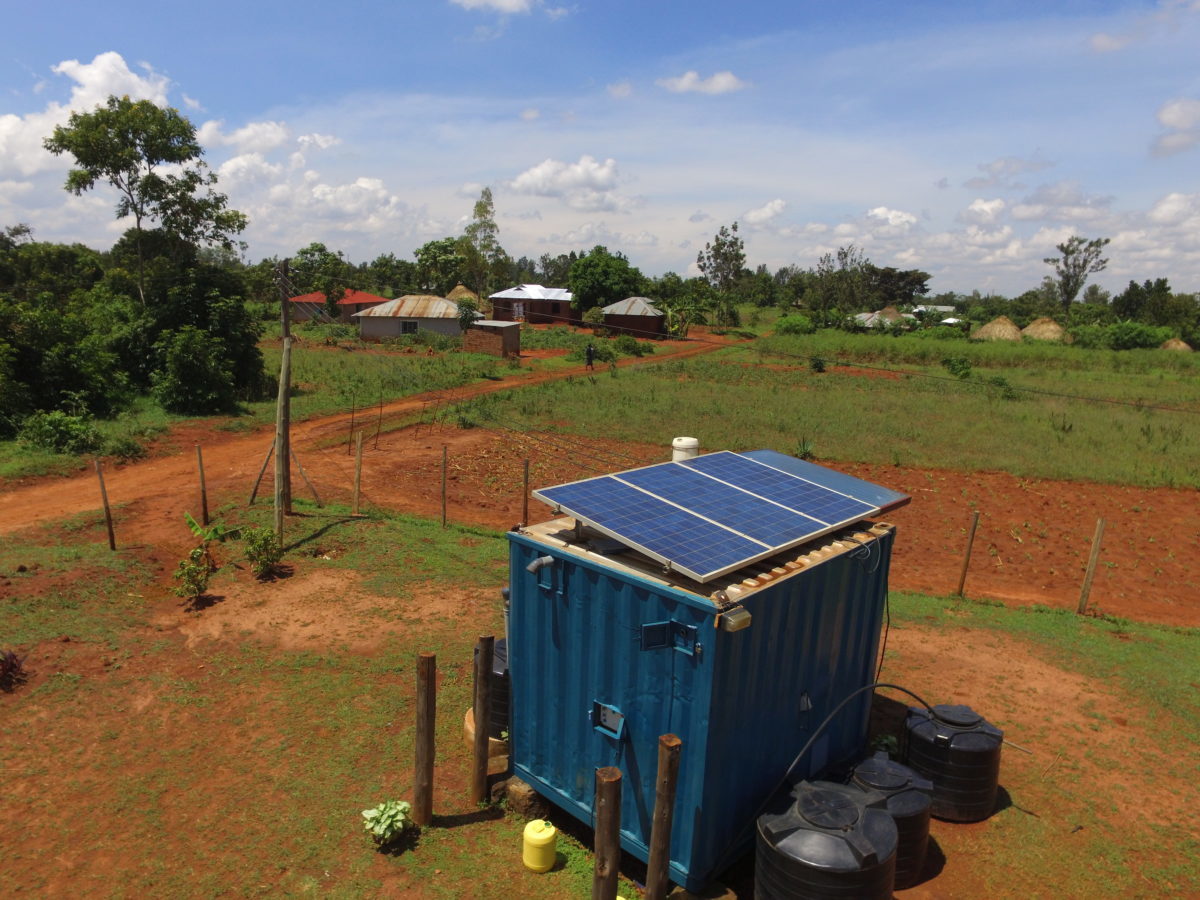More countries should join the International Solar Alliance (ISA) to reduce dependence on fossil fuels to meet the growing energy requirement—India’s Environment minister, Prakash Javadekar said in Madrid, Spain, even as he acknowledged the phenomenal progress made by the Alliance and the growing solar energy capabilities the world over.
Speaking at a Ministerial Plenary on the sidelines of the 25th session of Conference of Parties under the UN Framework Convention of Climate Change (UNFCCC COP25), Javadekar said: “Four years ago in Paris, when PM Narendra Modi and French President Francois Hollande launched the International Solar Alliance, it was a new beginning. Now I can say that the four year old child is running fast, but it must run faster because the need of the hour is that we must tap solar in a big way.”
Expressing contentment over 83 countries joining the ISA in just four years, the minister stated: “When ISA was launched, the idea was that all those countries, who get more solar energy as they fall between Tropic of Cancer and Tropic of Capricorn , should come together to create consumers’ own market.”
“The International Solar Alliance has aggregated demand from various countries on solar agriculture pumps and has floated a tender in which four parties have submitted their bids. I am sure that a best deal is on the cards and they will get it soon,” he said.
India’s commitment
Listing out the aggressive manner in which India has expanded its renewable energy mix, Javadekar pointed out that “five years ago, India had just 3 GW (of solar). Today, the country has 33 GW of solar energy. It is huge.”
“India is going to achieve 100 GW of solar energy by 2022. That is, in the next three years it will add 67 GW more of solar energy,” the minister said pointing to the sharp fall in the prices of solar energy due to enhancement of capacity. “The prices (of solar energy) used to be Rs 20 per unit. Now, it is just 10% of it,” he added.
Javadekar also spoke at length about making efforts towards increasing renewable energy capacity. “All countries need to do it because the target of UNFCCC is to do away with use of all fossil fuels, not only coal. We (India) have today 37% energy capacity through renewables. We want to increase it because our energy demand is rising so we have decided to have 40% of energy capacity through renewable energy (solar, wind and bio-waste),” expressed the Minister.
This content is protected by copyright and may not be reused. If you want to cooperate with us and would like to reuse some of our content, please contact: editors@pv-magazine.com.









By submitting this form you agree to pv magazine using your data for the purposes of publishing your comment.
Your personal data will only be disclosed or otherwise transmitted to third parties for the purposes of spam filtering or if this is necessary for technical maintenance of the website. Any other transfer to third parties will not take place unless this is justified on the basis of applicable data protection regulations or if pv magazine is legally obliged to do so.
You may revoke this consent at any time with effect for the future, in which case your personal data will be deleted immediately. Otherwise, your data will be deleted if pv magazine has processed your request or the purpose of data storage is fulfilled.
Further information on data privacy can be found in our Data Protection Policy.